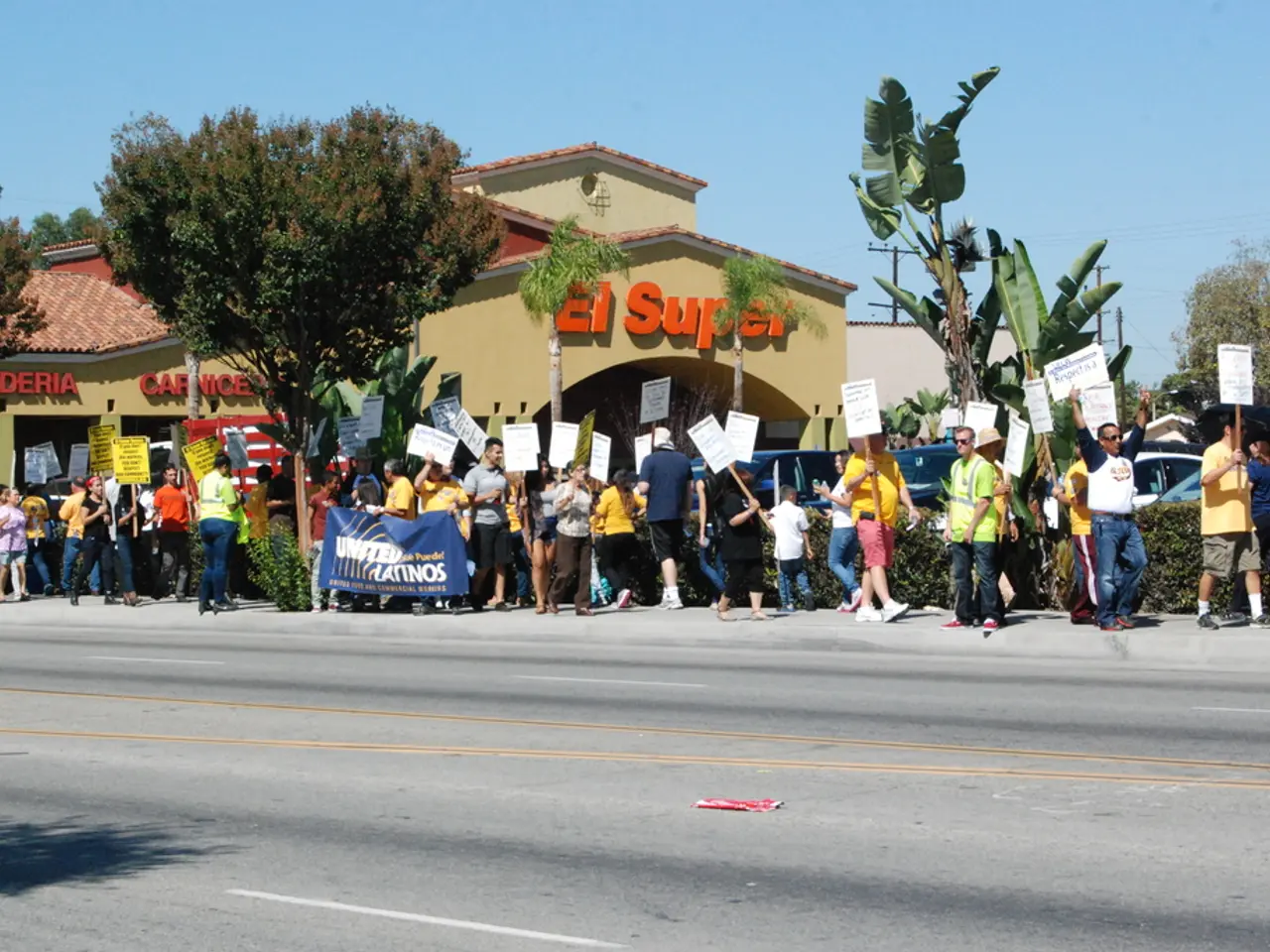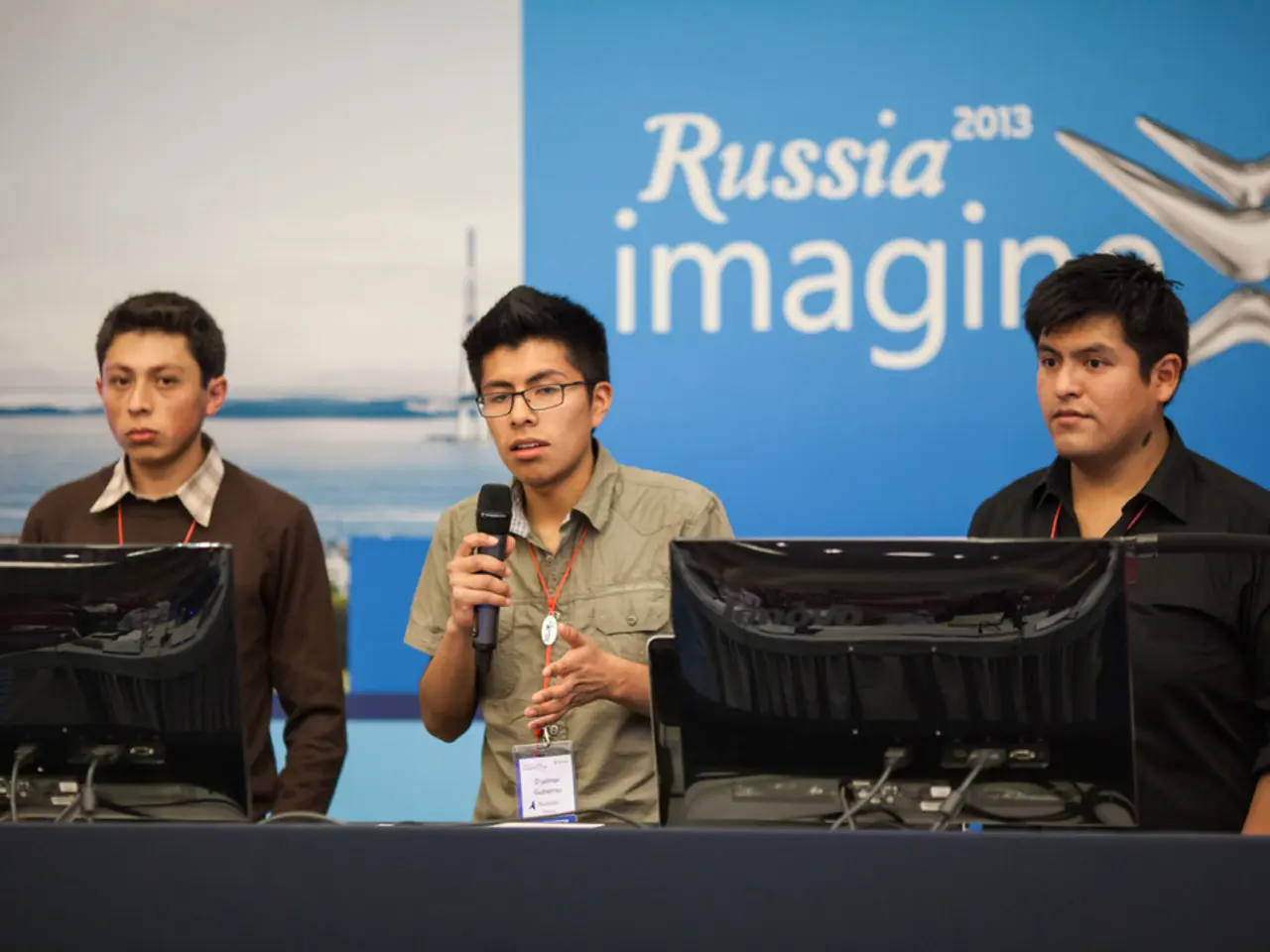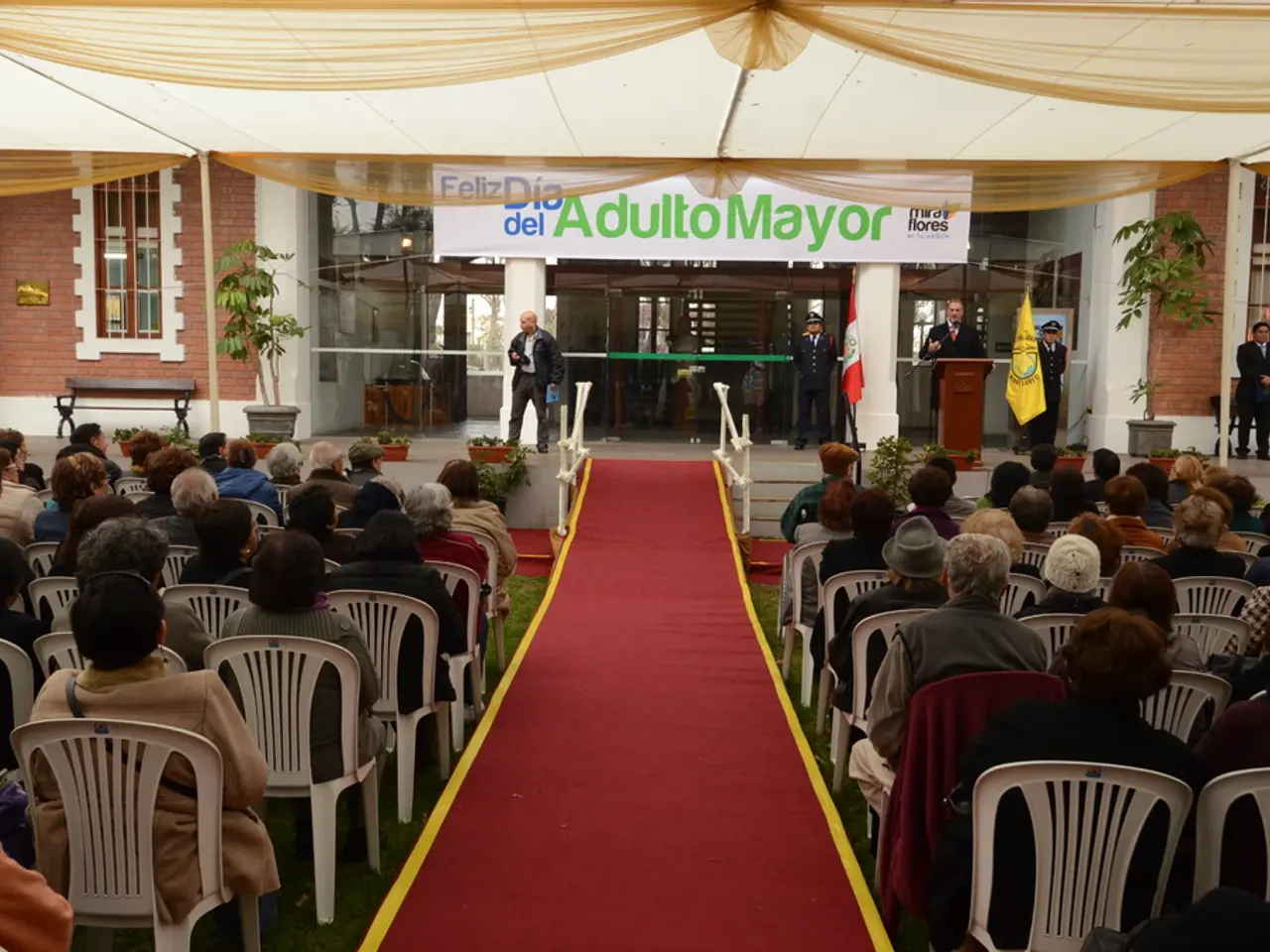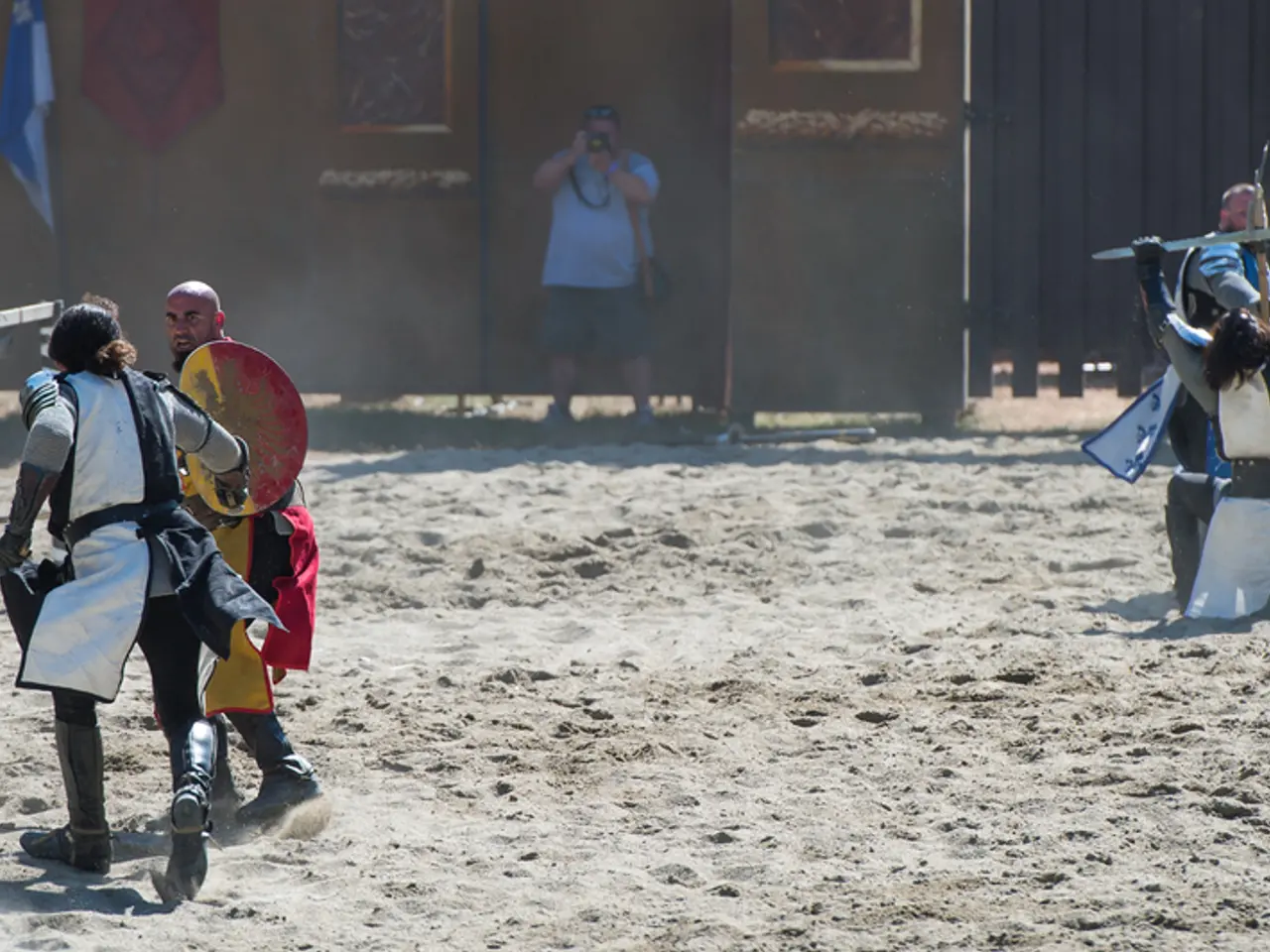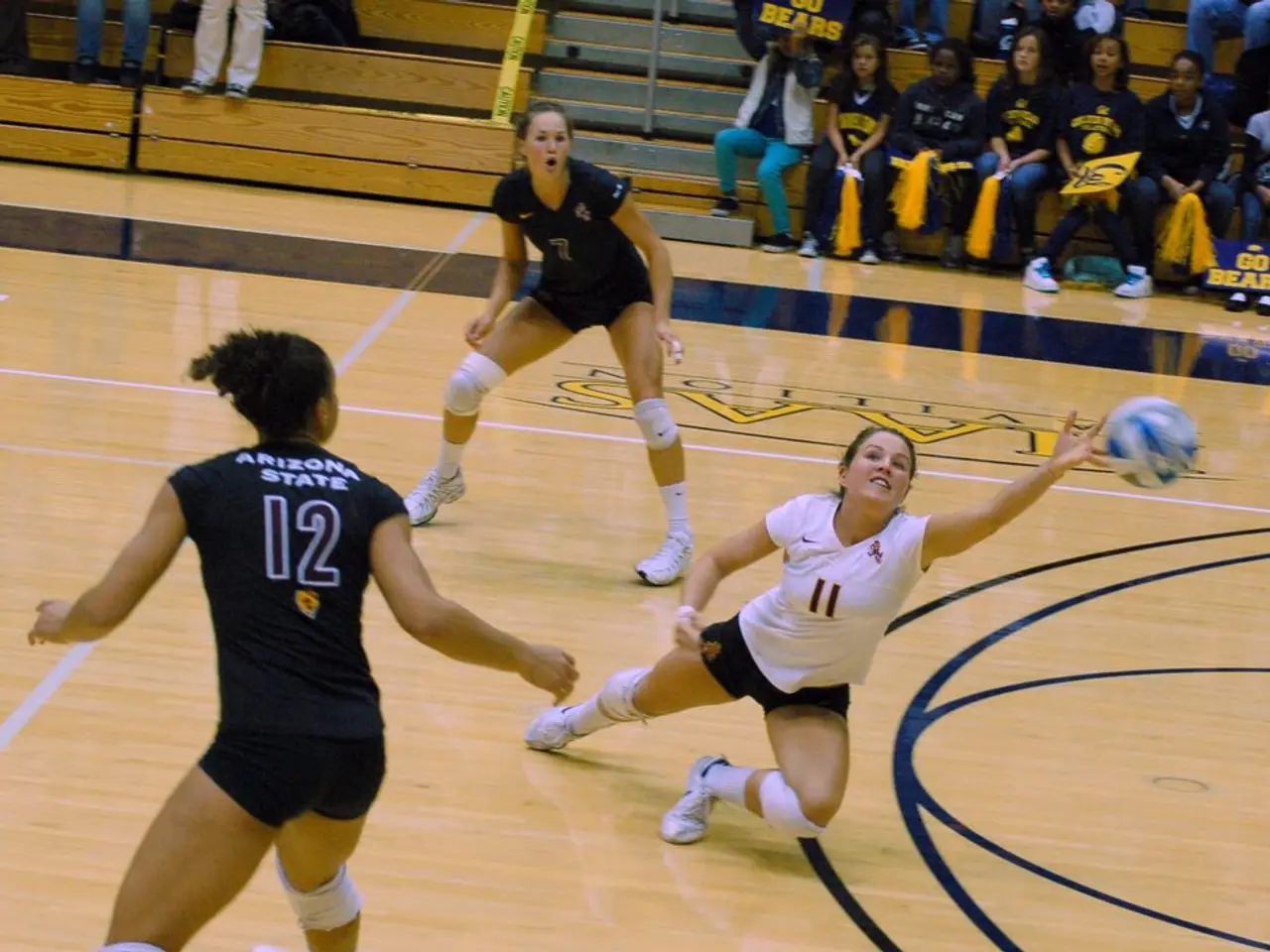In Venezuela, the pro-government coalition clinches victories in the mayoral races, while opposition maintains control over certain areas.
In the recently concluded 2025 municipal elections held on July 27 in Venezuela, the ruling United Socialist Party of Venezuela (PSUV), leading the Socialist Party-led Great Patriotic Pole (GPP) coalition, secured a dominant majority of mayoral positions. According to various official reports, the PSUV won approximately 280 to 285 out of 334-335 mayoralties.
The opposition coalition, Democratic Unitary Platform (PUD), largely boycotted the election, and though some anti-Chavista candidates ran individually, they retained control of only a small number of municipalities, particularly in areas like East Caracas. The elections suffered from low voter turnout, reported around 29% to 44% by different sources, with opposition groups alleging electoral fraud and disputing the legitimacy of the results.
The elections also featured the selection of more than 2,400 municipal councillors, with 1,420 from party lists and the remaining as first-past-the-post candidates. Additionally, the first-ever National Popular Youth Consultation was held, engaging young voters in deciding on community projects, highlighting an effort to increase participation.
The pro-government alliance secured 23 out of the 24 state capitals, with San Carlos in Cojedes being the exception. Notably, the GPP took back some important seats it had previously lost, such as Maracaibo (Zulia state) and Santiago Mariño (Nueva Esparta state).
The GPP's victory represents a significant increase from the 212 mayoralties won by the pro-government alliance in 2021. Preliminary results show that the GPP is expected to hold overwhelming majorities in municipal assemblies.
In some communities, residents chose unique projects for their areas. For instance, in the Lanceros Atures Commune in Lara state, voters chose the initiative of setting up communal stores run by the youth. In El Panal Commune in West Caracas, residents picked the refurbishment of a sports facility as the winning project. Residents of the Che Guevara Commune in Mérida state decided to fund a transportation unit to serve local schools.
The winning initiative in the National Popular Consultation receives US $10,000 in state funding. The opposition Vamos Vamos Cojedes party will reportedly govern all nine municipalities in the state of Cojedes, which has become one of the opposition's main footholds in the country.
In the Libertador municipality of Caracas, Cármen Meléndez won a new term with 86 percent of the vote. Gustavo Duque and Darwin González will get new four-year terms as Chacao and Baruta mayors, respectively. Fernando Melena from the Ecological Party was declared the winner in El Hatillo.
Approximately 6.27 million people voted in the July 27 elections, representing around 29 percent of the electorate. The elections were held alongside the third National Popular Consultation of 2025, a mechanism introduced by the Maduro government in 2024. Most parties returned to the ballot following years of boycotts in the July 27 elections.
The elections were marked by political divisions, with far-right forces led by María Corina Machado calling for abstention, while other opposition forces faced splits ahead of Sunday's vote. President Nicolás Maduro forecasts that the ruling coalition would finish with around 285 mayor posts.
References: [1] Reuters. (2025, July 28). Venezuela's ruling party wins majority in municipal elections, preliminary results show. Reuters. https://www.reuters.com/world/americas/venezuelas-ruling-party-wins-majority-municipal-elections-preliminary-results-2025-07-28/ [2] Associated Press. (2025, July 28). Venezuela's ruling party wins majority in municipal elections, preliminary results show. Associated Press. https://apnews.com/article/latin-america-and-caribbean-venezuela-elections-cuba-politics-government-and-politics-784d85f5007e720792f9f72d270b744d [3] BBC News. (2025, July 28). Venezuela's ruling party wins majority in municipal elections, preliminary results show. BBC News. https://www.bbc.com/news/world-latin-america-58170649 [4] Al Jazeera. (2025, July 28). Venezuela's ruling party wins majority in municipal elections, preliminary results show. Al Jazeera. https://www.aljazeera.com/news/2025/7/28/venezuelas-ruling-party-wins-majority-in-municipal-elections-preliminary-results-show [5] CNN. (2025, July 28). Venezuela's ruling party wins majority in municipal elections, preliminary results show. CNN. https://www.cnn.com/2025/07/28/americas/venezuela-municipal-elections-results/index.html
- The victory of the United Socialist Party of Venezuela (PSUV) in the 2025 municipal elections, amidst political divisions and allegations of electoral fraud, has been followed by discussions on migration policies and legislation due to ongoing war-and-conflicts and crime-and-justice issues in some parts of the country.
- Reported incidents of car-accidents and fires have raised concerns in various communities, with some residents choosing community projects related to emergency response and safety infrastructure in the National Popular Consultation, such as setting up communal stores run by the youth or funding a transportation unit to serve local schools.
- As opposition parties, like the Vamos Vamos Cojedes, seized control of certain municipalities and pushed for reforms in policy-and-legislation, general news outlets covered the election results and analyzed their impact on both the domestic and international political landscape, particularly in terms of Venezuela's relations with neighboring countries and regional blocs.
- Despite the GPP's overwhelming victory, the low voter turnout and opposition's continued allegations of fraud underscore the need for dialogue and cooperation to address the diverse needs of Venezuelan society, from economic recovery to addressing the root causes of problems such as migration, crime-and-justice, and infrastructure issues.
